Virtual Reality: Emerging Tool in Treatment of Mental Health
Virtual reality (VR) has rapidly moved beyond the realm of gaming and entertainment to become a promising avenue in mental health care. By creating immersive simulations, VR has the potential to place individuals into controlled, carefully designed environments that support therapeutic goals. As mental health professionals look for innovative techniques to address conditions such as anxiety, post-traumatic stress disorder (PTSD), and other challenges, VR has quickly earned its place as a noteworthy contender in the therapeutic landscape.
How VR Integrates with Mental Health Treatment
One of the major appeals of VR is its flexibility. Therapeutic software can be adapted to simulate everything from social scenarios to phobia-inducing environments, providing structured exposure within a safe context. By donning a headset, patients gain access to virtual spaces where they can gradually confront triggers under their clinician’s supervision. This personalized level of control allows therapists to adjust variables, pacing, and difficulty to match the individual’s needs.
Many VR tools use controlled biofeedback and real-time monitoring to ensure patient wellbeing throughout the session. For example, a therapist might track heart rate and other biometric markers to gauge a patient’s comfort level and determine when to gently intensify or reduce stimuli. This approach exemplifies how VR goes beyond traditional “talk therapy,” providing quantifiable insights and improving the accuracy of clinical decisions.
Addressing Specific Mental Health Conditions
Several mental health conditions are receiving growing attention from the VR community. Among them, anxiety disorders and PTSD are at the forefront, given their responsiveness to exposure therapy. Treating phobias involves carefully staged encounters with the feared stimulus, whether it’s flying, heights, or spiders. Whereas before, therapy might rely on imagination or real-life gradual exposure, VR offers a middle ground—completely safe yet realistic.
The Potential for Widespread Adoption
Space, cost, and logistics used to limit VR’s role in mental health; however, the technology is becoming more affordable and portable every year. Headsets that once cost thousands of dollars now fall within more accessible price points, improving the likelihood of widespread integration into clinical settings. In addition, tech companies are collaborating with healthcare providers to develop specialized software that meets regulatory and ethical standards.
Web-based VR platforms and mobile applications are also edging into the market, making remote therapy more feasible. The idea that patients could one day practice therapeutic simulations at home under professional guidance has wide-ranging implications. Such at-home solutions, if carefully regulated, may help address access-to-care issues and reduce waiting lists—especially beneficial in rural areas or regions with limited mental health resources.
Current Research & Statistics
As VR technology advances, so does the quantity and quality of research evaluating its treatment efficacy. Researchers continue to accumulate evidence showing positive outcomes in areas such as social anxiety, depression, and even pain management.
Open dialogue between researchers and practitioners fosters continual refinement of VR tools. Collaborative efforts among clinicians, software developers, and institutions create new ways to deliver structured user experiences tailored to mental health conditions. This synergy ensures that technology meets the practical demands and ethical standards required for patient care.
Possible Limitations and Ethical Considerations
While VR therapies offer exciting possibilities, it is essential to exercise caution. Therapists need specialized training to administer VR safely and effectively. Overexposure or misapplication could strain patients psychologically, so software design and clinical oversight must be stringent. Furthermore, ensuring patient privacy (particularly in scenarios that recreate personal traumas) is paramount. Clinicians and developers alike must prioritize data protection and set transparent guidelines for usage.
Mental health professionals must also emphasize that VR is not a standalone treatment for severe conditions. Where appropriate, it should be integrated into a broader treatment plan, which may include medication, cognitive-behavioral therapy, and other modalities. Staying aligned with evidence-based practices ensures patient welfare remains the prime focus.
Future Outlook of VR in Mental Healthcare
Looking ahead, VR holds promise for even deeper personalization, particularly through artificial intelligence (AI). By leveraging machine learning algorithms, future platforms could adapt in real time based on patients’ emotional responses, adjusting scenarios, difficulty levels, and even narrative elements to optimize progress. Researchers are exploring how advanced haptic feedback and wearable sensors might further measure parameters like muscle tension or stress biomarkers, thereby refining real-time therapeutic adjustments.
With continued innovation, VR could evolve into a staple of mental health treatment worldwide. Insurance coverage is expected to expand as outcomes data accumulate, and more practitioners receive specialized training. Early initiatives already show that peer support groups and psychoeducation modules might be conducted virtually, bringing community and shared learning experiences to patients who might otherwise feel isolated.
Through ongoing research, development partnerships, and clinical expertise, VR’s role in mental health treatment will likely grow, making it an increasingly practical and effective solution. By harnessing the adaptability of immersive technology, clinicians gain new options to help patients manage symptoms, face fears, and develop coping strategies in a controlled, interactive setting. As we stand on the cusp of broader adoption, the intersection of VR and mental health promises to transform the recovery journey—one simulated experience at a time. Contact us at Vital Psych MD for more information on emerging technology in therapy.











